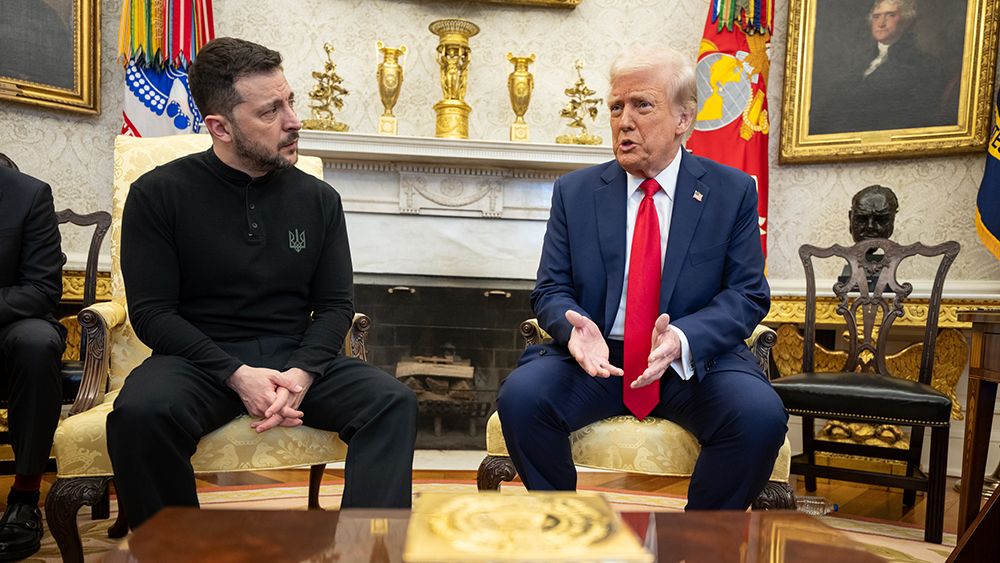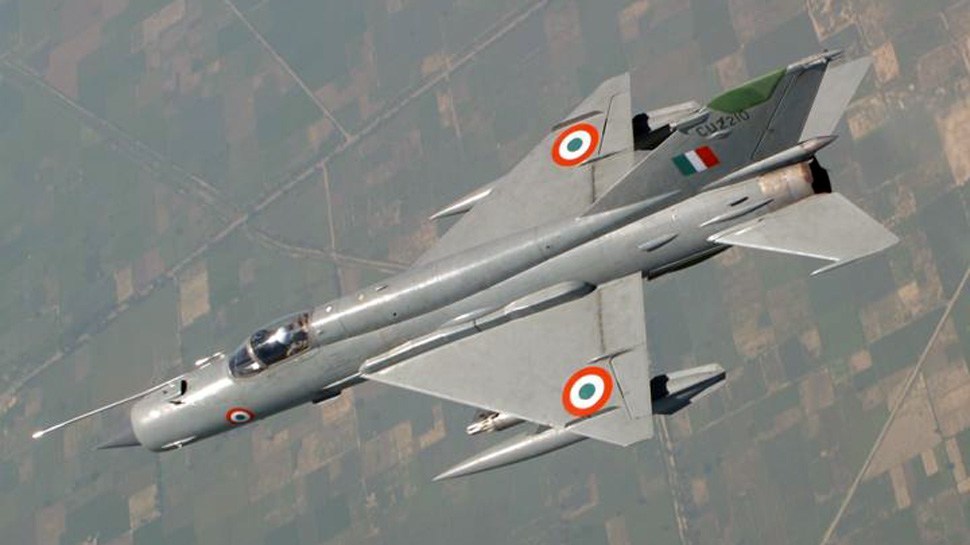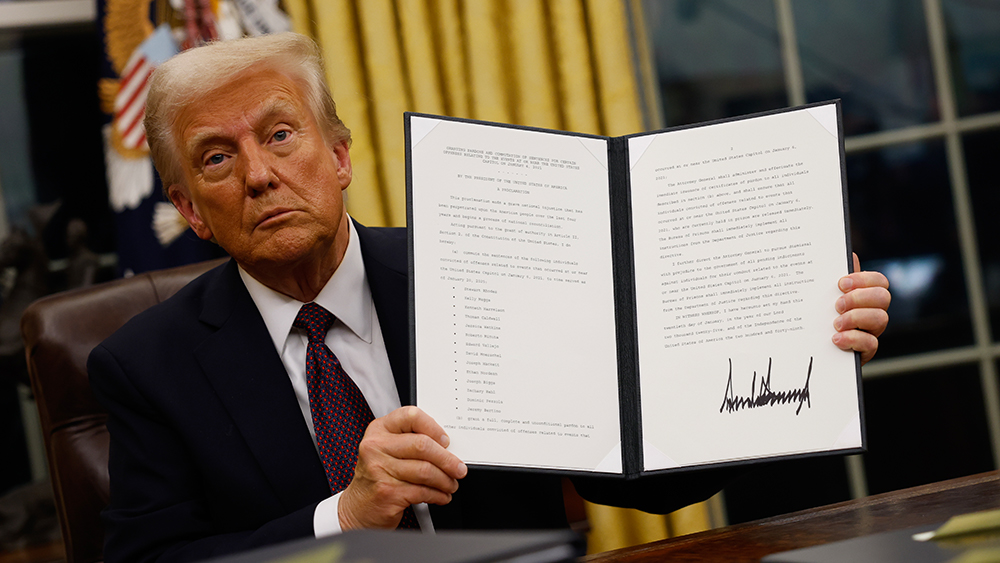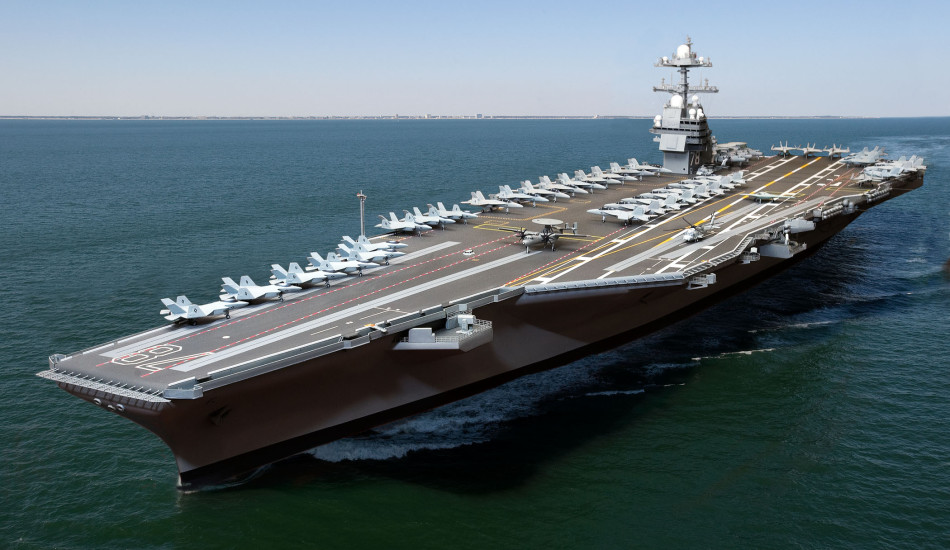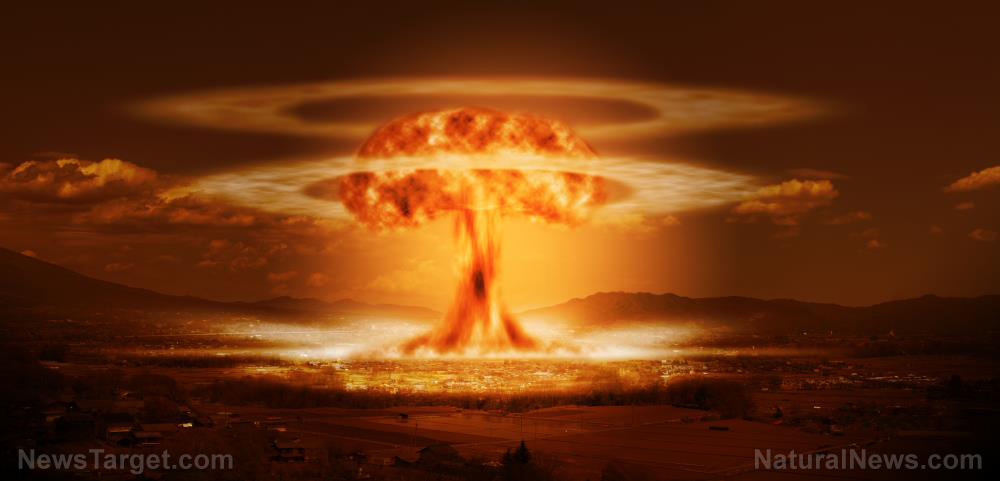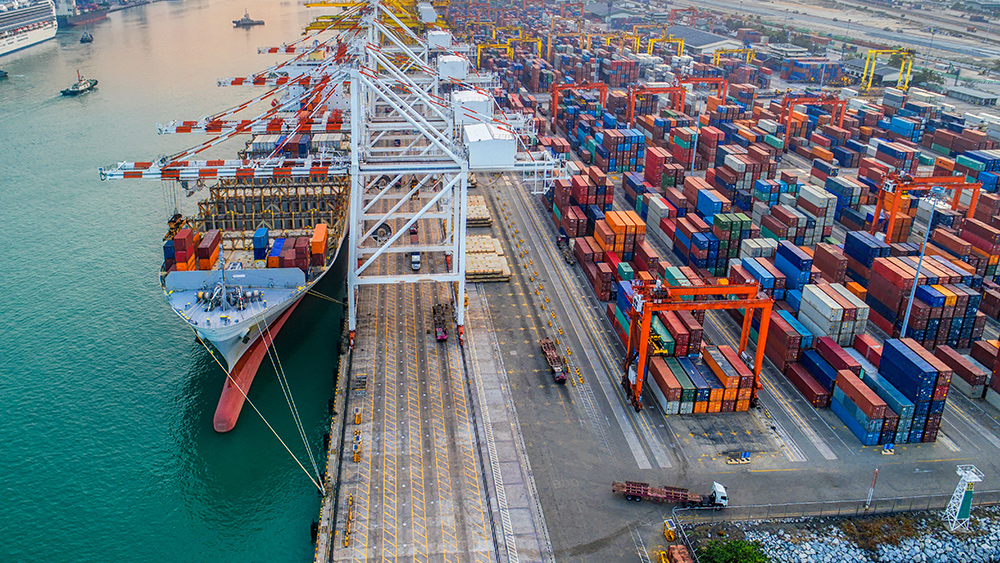Yemen declares air blockade against Israel, exposing U.S. missile defense failures
05/05/2025 / By Finn Heartley
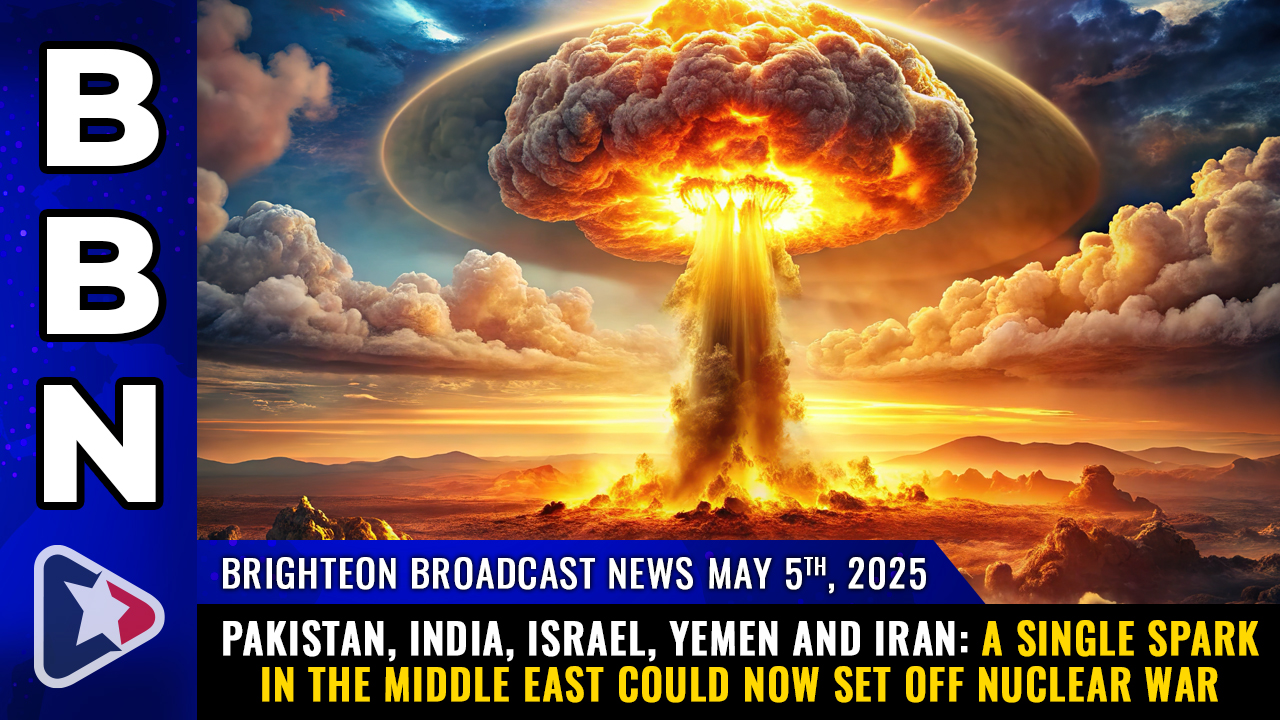
- Yemen’s Air Blockade: Yemen announced an unprecedented air blockade against Israel, targeting commercial flights and airports in retaliation for Israel’s Gaza actions, following a successful missile strike on Tel Aviv’s airport.
- Humanitarian Justification: Yemen framed the blockade as a humanitarian intervention, citing Israel’s blockade of Gaza, where thousands have died, while exposing flaws in U.S.-backed missile defense systems.
- Western Double Standards: Critics highlight hypocrisy as Israel’s bombings draw muted Western responses, while Yemen’s retaliation is condemned, despite Israel’s actions being labeled genocidal by rights groups.
- U.S. Policy Scrutiny: The U.S. strongly supports Israel, with Trump signing anti-boycott laws, while Yemen’s defiance signals a shift as non-Western nations challenge U.S.-Israeli dominance asymmetrically.
- Regional Escalation Risks: The conflict could trigger a wider war, with rising tensions in Pakistan-India and China’s military drills, threatening global instability as Western military supremacy wanes.
Yemen’s Bold Move
Yemen has announced an unprecedented air blockade against Israel, vowing to target commercial flights and airports in retaliation for Israel’s military actions in Gaza. The move follows a successful missile strike on Tel Aviv’s Ben Gurion Airport over the weekend, which left a massive impact crater and exposed critical vulnerabilities in U.S.-backed missile defense systems like the Iron Dome and THAAD.
The strike, carried out by Yemen’s Ansar Allah movement, demonstrated the ineffectiveness of Israel’s air defenses, prompting major airlines—including Delta, Lufthansa, and Swiss International—to suspend flights to Israel indefinitely. Yemen’s leadership framed the blockade as a humanitarian intervention, citing Israel’s blockade of food and aid to Gaza, where over 50,000 Palestinians have reportedly been killed and thousands of children face starvation.
U.S. and Israel’s Hypocrisy Exposed
Critics highlight the stark double standard in Western outrage over Yemen’s actions. While Israel’s bombing of Gaza—condemned by human rights groups as genocidal—has drawn muted responses from the U.S. and allies, Yemen’s retaliation is framed as a destabilizing act. “Israel bombs civilians daily, but when someone strikes back, it’s suddenly a crime against humanity,” remarked geopolitical analyst Mike Adams.
The conflict has also reignited debates about U.S. foreign policy. The Biden and Trump administrations have both staunchly supported Israel, with Trump recently signing legislation threatening 20-year prison sentences for Americans who boycott Israel. Meanwhile, Yemen’s defiance underscores a broader shift: non-Western nations are increasingly willing to challenge U.S. and Israeli dominance through asymmetric warfare.
Broader Implications
The crisis risks sparking a wider regional war, with Pakistan-India tensions flaring over water disputes and China conducting military drills near contested borders. Analysts warn that the Middle East is a tinderbox, with any spark potentially triggering a chain reaction involving Iran, Russia, and other global players.
As the U.S. grapples with its faltering missile defenses and strained alliances, the Yemen-Israel conflict serves as a stark reminder: the era of unchallenged Western military supremacy may be ending. For now, the world watches nervously to see if diplomacy can avert a broader catastrophe—or if the blockade is the first domino in a devastating new chapter of conflict.
Watch the May 5 episode of “Brighteon Broadcast News” as Mike Adams, the Health Ranger, talks about Middle East could now set off nuclear war.
This video is from the Health Ranger Report channel on Brighteon.com.
More related stories:
America’s Yemen campaign risks military readiness against China
Trump vows “total annihilation” of Houthis as U.S. airstrikes pound Yemen
Yemen warns U.K. of deepening conflict after joint U.S. strikes in Red Sea escalation
Sources include:
Submit a correction >>
Tagged Under:
airstrikes, big government, chaos, drone, genocide, humanitarian crisis, Iran, Israel, military tech, national security, Red Sea, threats, Trump, violence, weapons tech, WWIII, Yemen
This article may contain statements that reflect the opinion of the author
RECENT NEWS & ARTICLES
COPYRIGHT © 2017 BIG GOVERNMENT NEWS

